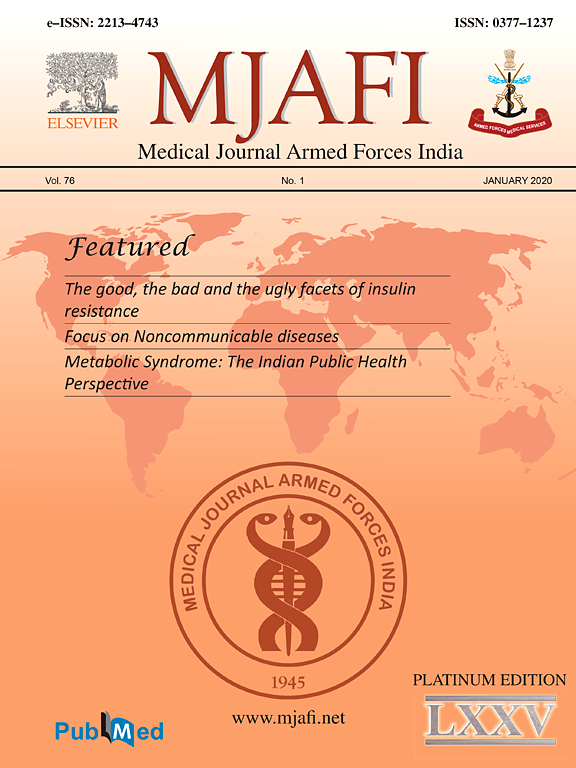Private sector involvement envisaged in the National Strategic Plan for Tuberculosis Elimination 2017–2025: Can Tuberculosis Health Action Learning Initiative model act as a road map?

Citation: Saha, I., & Paul, B. (2019). Private sector involvement envisaged in the National Strategic Plan for Tuberculosis Elimination 2017–2025: Can Tuberculosis Health Action Learning Initiative model act as a road map? Infectious Diseases, 75(1), 25–27. https://doi.org/10.1016/j.mjafi.2018.12.009
Abstract: Tuberculosis (TB), one of the oldest diseases known to mankind has become a notifiable disease. Public private mixes guidelines for TB programme managers had already been published by Central TB Division in the Ministry of Health and Family Welfare. One of the tremendous challenges that impede private sector involvement in TB care is delayed diagnosis, treatment of variable quality, surveillance, adherence monitoring, contact investigation, and outcome recording. The present article has addressed the involvement of the private sector with special emphasis on Tuberculosis Health Action Learning Initiative (THALI) model. The key elements of THALI being: (1) Identifying and scaling up of innovative approaches to improve the quality of private sector diagnosis, referral, and treatment of TB, (2) Strengthening the utilization of TB resources of the respective municipalities, (3) Testing of upcoming technological innovations, and (4) Improving data for evidence-based decision making. Nevertheless, sustainable parallel implementation framework adopting the strategies of THALI Model, along with prior Geographic Information System mapping of private health facilities e.g. hospitals/nursing homes, private providers, diagnostic centres, pharmacies etc. should be in place so as to correctly implement the slogan – “Unite to end TB: Leave no one behind”.
Author(s): Medical Journal Armed Forces India
Year: 2019
Language: English
Region(s): INDIA
Resource Type: Journal Articles
Source: Other
